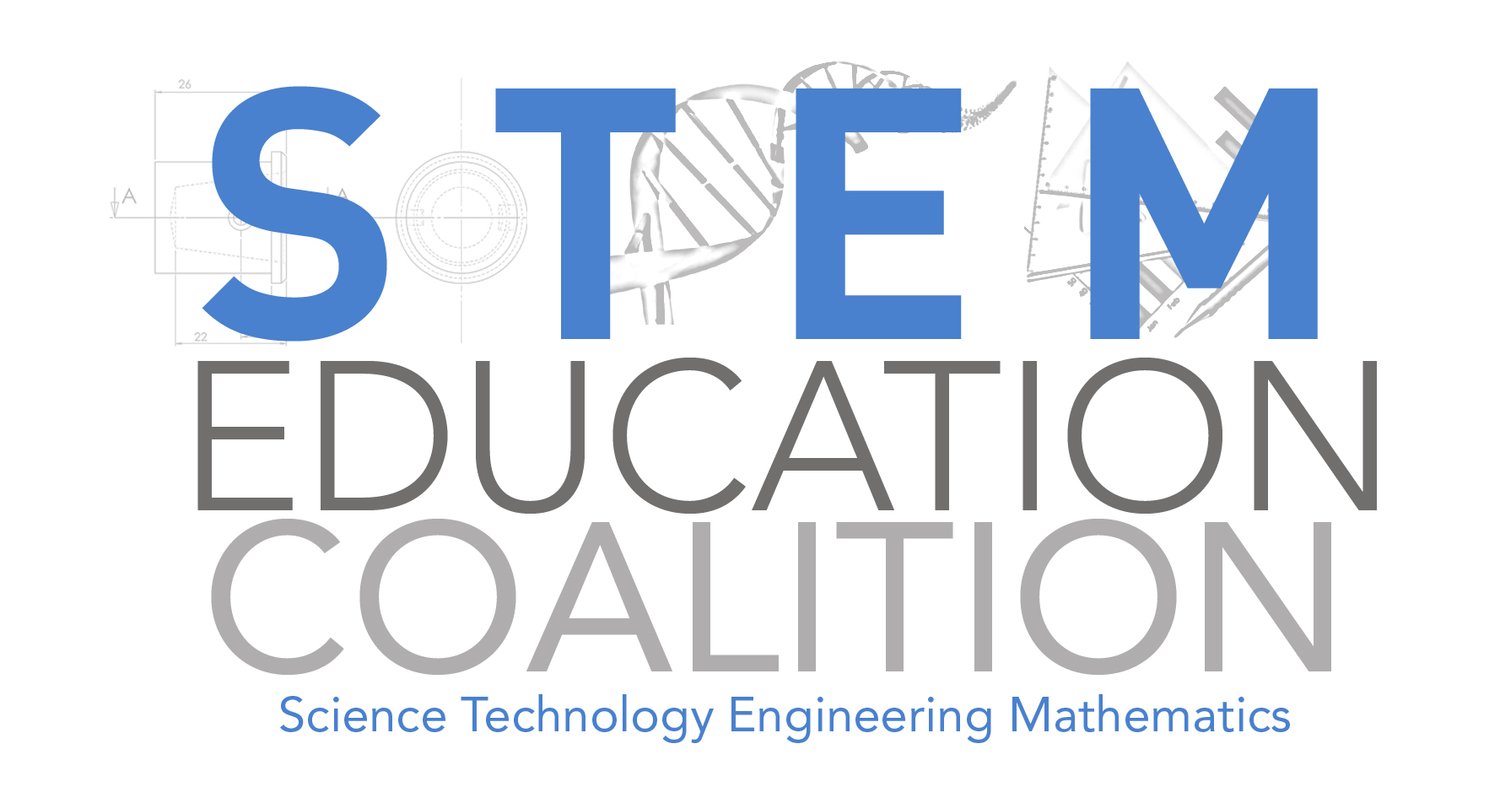STEM Education Coalition Praises ESEA Conference Agreement, Progress
Today, congressional education leaders completed a two-day conference process to resolve differences between House and Senate passed legislation to rewrite the 13 year-old No Child Left Behind Act. With a vote of 39 to 1, the bipartisan group of lawmakers approved a comprehensive agreement to revise the nation’s major K-12 education law, which addresses STEM education issues in several important ways.
The Coalition issued the following statement on the bipartisan agreement:
[su_quote] The bipartisan agreement reached today to replace the No Child Left Behind law is an important step forward for our nation. As a result of extensive feedback and input from the STEM education community, the framework adopted by the conference would provide dedicated funding to improve the teaching and learning of STEM subjects, including professional development for STEM educators, and would allow greater access for thousands of school districts to federal funding to support STEM programs and activities. The agreement also retains an important requirement for states to measure student performance in math and science for all students. We look forward to working with Congress in the coming weeks to craft the final details of the legislation. [/su_quote]
[su_spacer size=”20″]What’s in the Agreement for STEM?
Under the framework, science tests will continue and must be given three times between grades 3 and 12. Annual, statewide assessments in reading and math in grades 3 through 8 and once in high school will also continue.
The Math and Science Partnership (MSP) program, along with a number of smaller, targeted programs, would be streamlined into a large new state grants program. Under this new funding structure, districts will be able to choose from a number of allowable uses of funds for educational enrichment activities, including implementing activities such as STEM competitions, increasing access to STEM courses for underrepresented student populations, expanding STEM specialty schools, and promoting hands-on learning.
Replacing the MSP program under Title II of the framework is a provision reserving funding for the Secretary to award grants to State educational agencies to enable them to support the development of statewide STEM master teacher corps and to develop and implement state-wide STEM teacher professional development programs. In partnership with nonprofit organizations, school administrators, and STEM educators.

